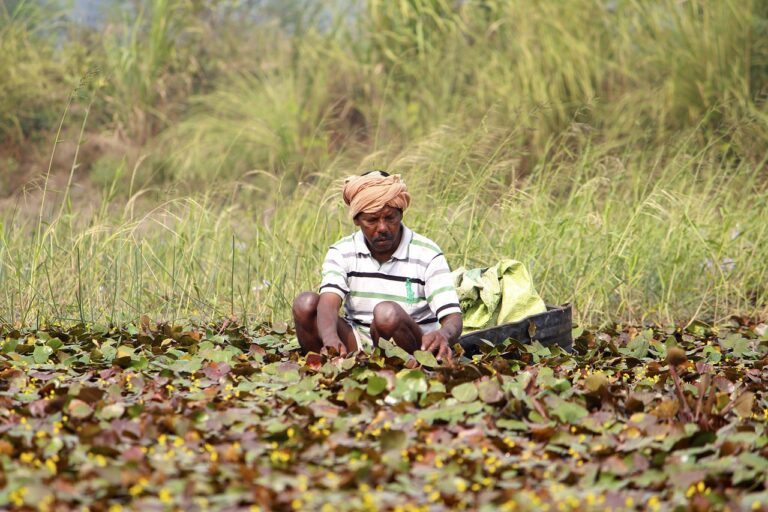Analyzing the Impact of Global Health Crises on Elections: Allpannel, Laserbook247 com, 247betbook
allpannel, laserbook247 com, 247betbook: Global health crises have had a significant impact on elections around the world. From the COVID-19 pandemic to outbreaks of Ebola and Zika, these crises have forced governments to adapt their election processes to ensure the safety of voters and election officials. In this article, we will analyze how global health crises have influenced elections and what lessons can be learned from these experiences.
Campaigning During a Health Crisis
One of the biggest challenges during a global health crisis is campaigning. Traditional campaign rallies, door-to-door canvassing, and other in-person activities are no longer viable options when social distancing measures are in place. Candidates must find new ways to connect with voters, such as virtual town halls, online advertising, and social media engagement.
The Impact on Voter Turnout
Global health crises can also have a significant impact on voter turnout. Fear of contracting a disease may deter some voters from going to the polls, while others may face obstacles such as transportation disruptions or quarantine measures. As a result, governments must take steps to make voting as accessible as possible, such as expanding early voting options or allowing for mail-in ballots.
Election Security Concerns
Another issue that arises during a global health crisis is election security. With the focus on managing the health crisis, there may be limited resources available to ensure the integrity of the election process. Governments must work to address potential security risks, such as disinformation campaigns or cyberattacks, to protect the democratic process.
Lessons Learned
Despite the challenges posed by global health crises, there are lessons to be learned from these experiences. Governments and election officials can use these experiences to develop contingency plans for future crises, such as establishing protocols for remote voting or implementing health and safety measures at polling stations. By being prepared and proactive, countries can ensure that their elections remain free, fair, and safe during times of crisis.
In conclusion, global health crises have had a significant impact on elections, forcing governments to adapt their processes to ensure the safety and integrity of the democratic process. By learning from these experiences and taking proactive measures, countries can mitigate the impact of future crises on their elections. As we continue to navigate the challenges posed by global health crises, it is essential to prioritize the health and safety of voters while upholding the principles of democracy.
FAQs
Q: Can elections be postponed during a global health crisis?
A: In some cases, governments may choose to postpone elections due to a health crisis, but this decision must be made carefully to ensure the integrity of the democratic process.
Q: How can voters stay informed during a health crisis?
A: Voters can stay informed by following official sources of information, such as government websites or public health agencies, and by being cautious of misinformation on social media.
Q: What measures can be taken to ensure election security during a health crisis?
A: Election officials can take measures such as implementing cybersecurity protocols, increasing transparency in the election process, and monitoring for any potential security threats.
Q: How can candidates connect with voters during a health crisis?
A: Candidates can use virtual platforms, such as online town halls and social media, to connect with voters and share their platforms and policies.







